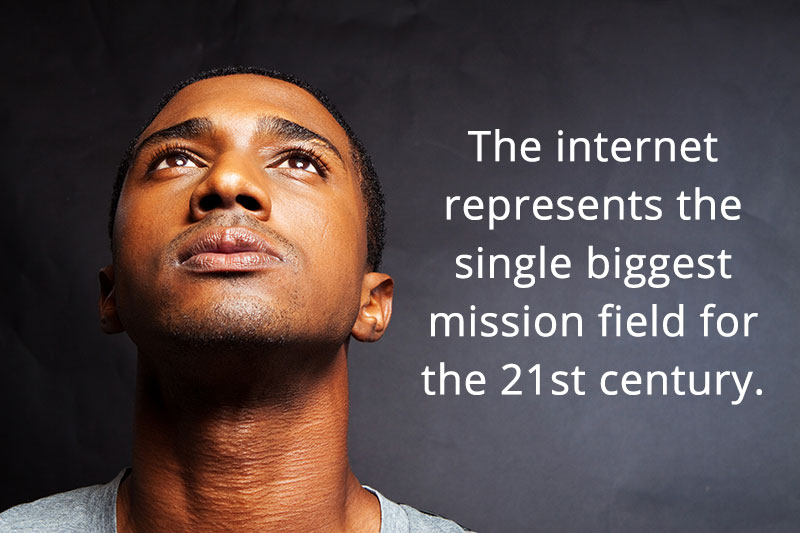Some Churches are Like Netflix and Some are Like Blockbuster
Whether we like it or not, we now live in a world where technology rules. Brick and mortar businesses are struggling with the astronomical growth of the global online market and still trying to figure out how to compete. Some, like Netflix are experiencing continual growth while others, like Blockbuster, have failed.
The church is sitting at a major crossroads of change. Those willing to embrace this new digital world could set themselves for significant growth over the next decade – similar to Netflix. But, those who ignore the monumental changes presented in this digital age, might find themselves struggling for survival – like Blockbuster.
Unfortunately many churches are choosing to ignore the ever-changing culture along with new technology. Instead of focusing on their online presence, they still hope people will attend because they live nearby. The sad result is church attendance dropping over the last decade, mirroring the decline of Blockbuster. In fact among millennials, one of the fastest growing groups, consider themselves religiously “unaffiliated”.
Similar to the revenue loss of Blockbuster, church attendance has been declining at an alarming rate. One study found that less than 40% of Americans attend church “on a regular basis”, but on any given Sunday it’s difficult to find more than 17.7% of people attending church. In fact, Pew research has found that only 56% of Millennials consider themselves Christians (compared to 85% from a previous generation), even though 8 out of 10 grew up in religious homes. If this trend in church attendance continues, the American Church may find themselves in a similar position as Blockbuster video – fighting for its very survival.
There was a time, not too long ago, when those searching for something would drive to their local store and purchase it. The especially savvy on savings would find coupons or deals in the local newspaper to save some money. But, like the home phone, cassette player, and VCR, these days are all but gone.
We have entered a world where everything is now online. Those who can’t make the transition have fallen behind or have been forced to close their doors forever. The same concerns ring true for the church today. Those churches who continue to ignore their online presence could soon be forced to close their doors forever. Because the statistics for church attendance decline is so closely aligned with the stark rise in media use, one author even wondered if the internet itself was killing religion?
Even though Brick and Mortar stores have struggled, it doesn’t mean people’s hunger to shop has decreased. They’re just shopping differently. Instead of renting physical videos at Blockbuster, people now stream videos online. Similarities can be drawn to the church. Even though overall church attendance has decreased, hunger for spirituality hasn’t. Barna Research Group has found that 2 out of 3 unchurched Americans say they are spiritual people. More than half say their faith is very important to their life. Also, 62% of those who identify as “unchurched” still consider themselves Christian (Churchless, 2014).

The internet represents the single biggest mission field for the 21st century. Never have the words of Jesus been more true, “The harvest is plentiful but the workers are few” (Matt. 9:37). Everyday thousands of people search for spirituality online but come up empty because there are no churches ready to receive their inquiry. No ministries are prepared to connect them to healing for their marriage, help with their finances, or hope for their depression. As a result, instead of discovering the church while searching, most end up finding help elsewhere.
More churches are needed to shine the light of Jesus into every corner of the internet. But, the question is, how many churches will grow their online presence – like Netflix? And how many will hold to old ways and experience significant decline – like Blockbuster?
